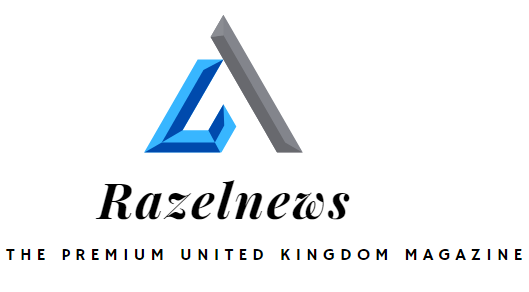BDS Starbucks

BDS Starbucks, the global coffee giant, has long been a favorite spot for coffee lovers around the world. However, in recent years, the company has found itself at the center of a controversy surrounding its alleged support for the Boycott, Divestment, and Sanctions (BDS) movement. This movement, which aims to pressure Israel to change its policies towards Palestinians, has gained significant attention and sparked debates among Starbucks customers and activists alike. In this article, we will delve into the details of the BDS movement, examine the claims against Starbucks, explore the company’s response, and consider the implications of this controversy.
The BDS Movement: An Overview
The BDS movement was launched in 2005 by a coalition of Palestinian civil society organizations. It calls for various forms of boycotts, divestment, and sanctions against Israel until it complies with international law and respects Palestinian rights. The movement seeks to draw attention to what it perceives as Israel’s violations of human rights and international law in its treatment of Palestinians.
Allegations Against Starbucks
Critics of Starbucks claim that the company supports Israel’s occupation of Palestinian territories through its business practices. They argue that Starbucks operates stores in Israeli settlements in the West Bank, which are considered illegal under international law. Additionally, they point to the company’s alleged financial contributions to Israeli military units accused of human rights abuses.
Starbucks’ Response
Starbucks has vehemently denied the allegations made against it. The company maintains that it is not involved in any political or religious conflicts and that it operates in compliance with local laws and regulations. In response to accusations of operating stores in Israeli settlements, Starbucks clarified that it has stores both in Israel and in the West Bank, serving customers on both sides of the conflict. The company has also emphasized its commitment to ethical sourcing and responsible business practices.
Furthermore, Starbucks has made efforts to engage in dialogue with its critics and address their concerns. In 2018, the company’s executive chairman, Howard Schultz, met with representatives of Jewish and pro-Israel organizations to discuss the allegations and clarify Starbucks’ position. This meeting aimed to foster understanding and open communication between the company and its stakeholders.
The Implications of the Controversy
The controversy surrounding Starbucks and the BDS movement raises important questions about the role of businesses in political conflicts. Critics argue that by operating in Israeli settlements, Starbucks is indirectly supporting the occupation and contributing to the perpetuation of the conflict. On the other hand, supporters of the company argue that Starbucks provides employment opportunities for both Israelis and Palestinians, promoting economic cooperation and peaceful coexistence.
Moreover, this controversy highlights the challenges faced by multinational corporations operating in politically sensitive regions. Companies like Starbucks must navigate complex geopolitical landscapes while maintaining their commitment to ethical business practices. The allegations against Starbucks serve as a reminder that businesses can become unintentionally entangled in political disputes, even when their primary focus is on providing goods and services.
Conclusion:
The controversy surrounding Starbucks and the BDS starbucks movement underscores the complexities of doing business in politically charged environments. While critics accuse Starbucks of indirectly supporting Israel’s occupation of Palestinian territories, the company maintains its commitment to ethical sourcing and responsible business practices. As consumers, it is essential to be aware of these controversies and make informed choices about where we spend our money. Ultimately, this debate serves as a reminder that businesses can find themselves at the center of political disputes, highlighting the need for ongoing dialogue and understanding between companies and their stakeholders.






